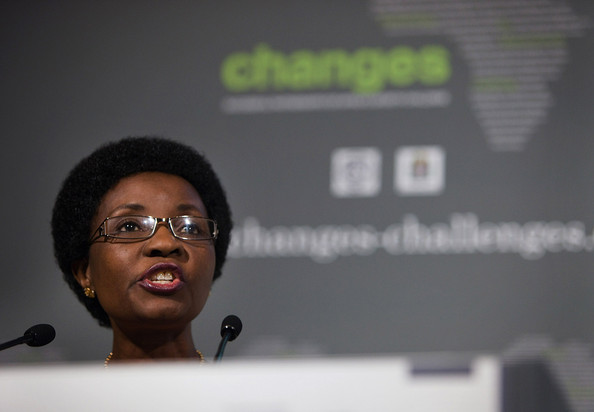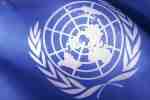The Winter Olympics kicked off in Sochi this week, with Russian premier Vladimir Putin declaring them open at a majestic ceremony on Friday. The Games cost £30 billion, making them the most expensive in history, and a large part of Friday’s Opening Ceremony was designed to show how Russia has moved into the modern age.
Yet the country’s social conservativism, particularly when it comes to gay rights, continues to be a source of anger and controversy as the Winter Olympics begin in earnest. International Olympic Committee president Thomas Bach used his address to the stadium in Sochi to celebrate The Games as an embrace of “human diversity and unity”, and UN secretary-general Ban Ki-Moon also condemned Russia’s record. Putin’s speech to the crowd was in the end notable for its brevity, although a section of the ceremony designed around the theme of traditional marriage was seen by some as a show of defiance.
In June of last year Russia’s government introduced laws limiting so-called “propaganda” about homosexuality – supposedly to “protect minors” from exposure – and they have persistently condoned anti-LGBT statements by public officials while banning and breaking up gay pride events. American firm AT&T, who are sponsoring the Winter Olympics, have condemned Russia’s human rights record, but other sponsors – including McDonalds, Visa and Coca-Cola – have thus far refused to follow suit. Michael Cashman MEP, my friend and colleague at the European Parliament and a lifetime campaigner on gay rights, took the radical step of cutting up his Visa card in Strasbourg last week, in protest at this. It was a bold step, showing the strength of his feeling on the issue, and was one which I fully support.
I wish all the UK’s athletes the very best of luck at the Winter Olympics. I hope we’ll see a wonderful competition and a fantastic spectacle, and that in the long term the event will serve to highlight the treatment LBGT people are still subjected to in Russia and elsewhere.
Meanwhile, yet another rainy week saw The Thames reach its highest level ever, putting at risk an unprecedented number of homes to the west of London and in Kent. COBRA met regularly throughout the week, and by Sunday the Environment Agency had 175 flood warnings in place across the UK, and the Ministry of Defence had drafted in military personnel to provide support for communities.
As the flooding continued some looked to make political capital out of the situation, with David Cameron suggesting on Friday that “the pause in dredging that took place in the late 90s” was to blame. Communities Secretary Eric Pickles criticised former Labour Minister and head of the Environment Agency Chris Smith, accusing them of lacking humanity and expertise. To give him a modicum of credit, Pickles refused to stoop as low as Ukip, who used the crisis as a means of attacking Britain’s International Aid commitments – “Charity begins at home,” as Nigel Farage put it – yet Pickles’ attack still rankles many trying to deal with the problem at the sharp end. In his response, written for The Guardian, Smith said, “I’ve never in my life seen the same sort of storm of background briefing, personal sniping and media frenzy getting in the way of decent people doing a valiant job trying to cope with unprecedented natural forces”.
With much of the flooding happening close to my own constituency in London, I wish the very best to the people who have been affected. I hope, as the weather gets worse this week, that those in charge start pulling together to help those who are suffering. Chris Smith was 100% right – this is not the time for playing politics.


